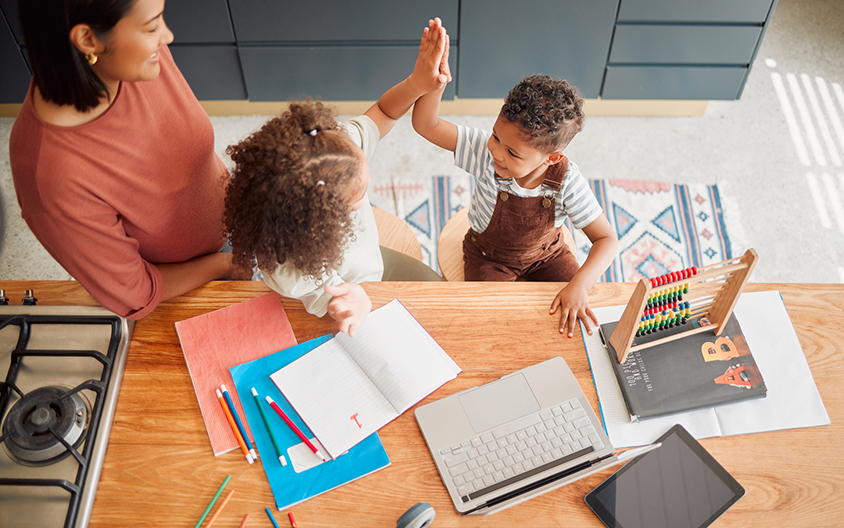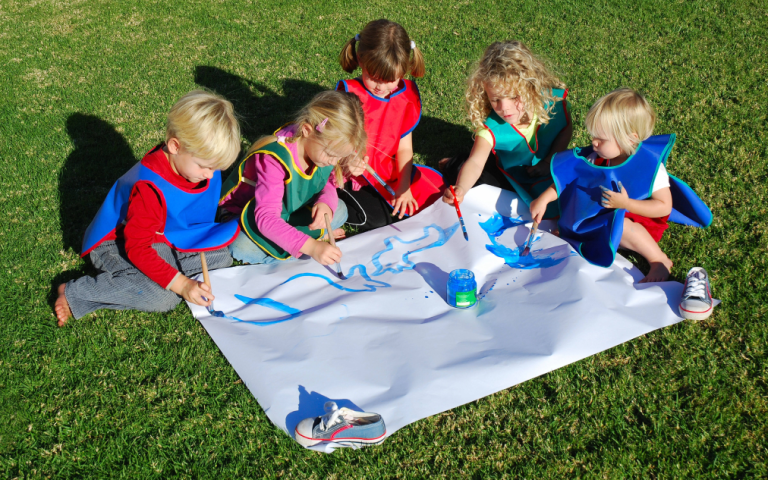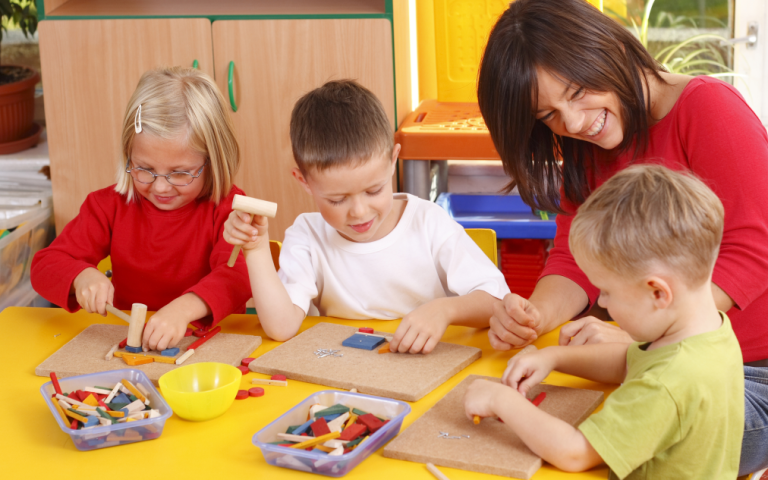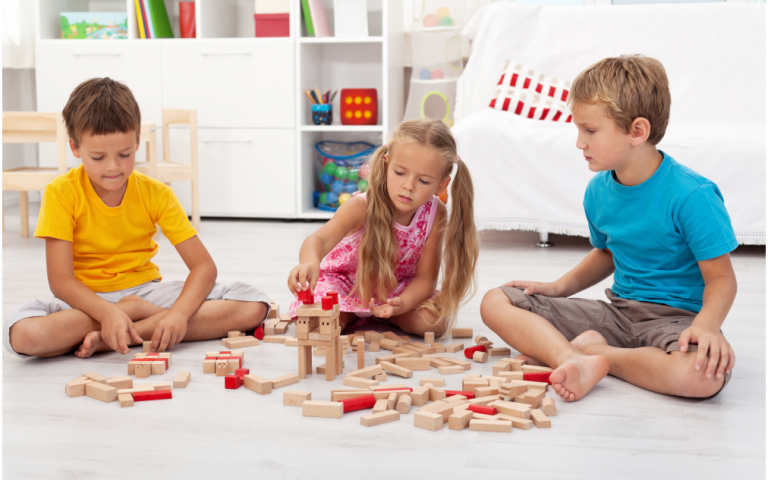Written by Liau Alex
Social skills are the way we behave, communicate, and connect with others in various social situations. They include things like how we talk to people, listen to them, and work together in groups. These skills are like the building blocks of successful interactions and relationships.
In special education, paying attention to these skills is extra important. That’s because they play a huge role in how well students do in school, how they feel about themselves, and how they fit into the world around them as they grow up.
.
Imagine being able to chat comfortably with classmates, ask questions when you don’t understand something, or join in games during recess. These are all examples of social skills in action. When students have strong social skills, they’re more likely to succeed academically because they can participate fully in classroom activities, collaborate with others on projects, and seek help when needed.
But social skills go beyond just academics. They also impact students’ emotional well-being. For instance, being able to make friends, resolve conflicts peacefully, and express feelings appropriately can contribute to a positive self-image and overall happiness.
Moreover, social skills are essential for lifelong integration into society. As students with additional needs grow older, they’ll need to navigate various social environments, from workplaces to community gatherings. Having strong social skills can make these transitions smoother and help them feel more comfortable and accepted wherever they go.
Understanding Special Education
Special education is a special kind of schooling that’s designed to help students who have disabilities or unique learning needs. Its main aim is to make sure that all students can learn in a fair way and to assist them with the various challenges they might face.
In special education, students may come across many different hurdles. These can include difficulties with thinking, moving, understanding things, or even with their senses. Because of these challenges, it’s crucial to use special teaching methods that are tailored to each student’s needs and help them develop in all areas.
The Role of Social Skills in Special Education
The link between knowing how to get along with others and doing well in school is very important. Especially for students in special education, improving these skills is really crucial because they have to deal with tricky social situations both in and out of class.
Beyond just making friends and fitting in, being good at social skills helps with talking, working together, and solving problems. These are all really important things for doing well in school and later on in jobs.
But even though social skills are super important, students with additional needs often struggle to get better at them. Things like having trouble talking, being sensitive to things around them, or feeling nervous around others can make it tough for them to interact with classmates and teachers.
Strategies for Social Skills Development
Improving social skills in special education requires different approaches tailored to each student’s needs. Individualized Education Plans (IEPs) are crucial for setting specific social goals and finding the best ways to help each student.
Including social skills training in school, lessons give students chances to learn in structured ways and practice with real-life situations. Activities like pretending, working together, and having older students help younger ones are some examples of ways to help students improve their social skills.
Additionally, using technology and special tools can make learning social skills easier. Things like apps on tablets or games that look like real life can give students new and fun ways to learn and practice these skills.
Collaborative Efforts for Effective Social Skills Development
Making sure students develop good social skills requires teamwork among teachers, parents, therapists, and community members. When everyone communicates and works together, they can provide consistent help and support for students in different places.
Involving parents helps them support their children’s social learning at home. And when therapists and experts are part of the team, they can make sure students get all the support they need.
Community resources like clubs, groups, and programs also play a big role. They give students extra chances to practice social skills and feel included.
To sum up, improving social skills in special education is incredibly important. By putting a lot of effort into helping students develop these skills, teachers and others can make sure that students with disabilities do well in school, connect with others, and feel good about themselves. This helps create a more fair and welcoming society for everyone.
Interested in learning about how preschool-aged children grow and develop? Nurture Pods offers a free online course just for you. In this course, you’ll explore the important aspects of how young children behave and learn.
Throughout the course, you’ll discover the vital role that teachers play in helping children develop social skills and understand their emotions. This is important because it helps children do well in school and in their relationships with others.
Additionally, you’ll learn about how children learn to talk and read. Understanding this helps teachers teach children better.
Nurture Pods’ online course gives you valuable insights into the development of young children. Join today to gain knowledge and improve your skills as an educator!
About The Author
Liau Alex obtained his degree in Psychology from the National University of Singapore and specialises in childhood disorders, specifically learning and behavioural difficulties. He has many years of experience working with children exhibiting a wide array of learning and behaviour challenges, many of whom have been diagnosed with autism spectrum disorder (ASD).
As an author, Alex has two titles published by Future Horizons Inc. (USA), the world leader in autism and sensory resources. Schools worldwide have used his books for inclusive education and parent training for children with special needs. Titles under his name include School Shadow Guidelines (2015) and A Parent’s Guide to Early Intervention (2021).
Alex received training on early intensive behavioural intervention (EIBI) in Australia and subsequently went to the USA, where he received relationship development intervention (RDI) training under Dr Steven Gutstein and Dr Rachel Sheely. He has presented in Australia, Houston, and Singapore and has also been invited to participate in media interviews. Furthermore, he has worked with clients from across the globe, including China, Taiwan, Australia, the United Kingdom, and the United States.









